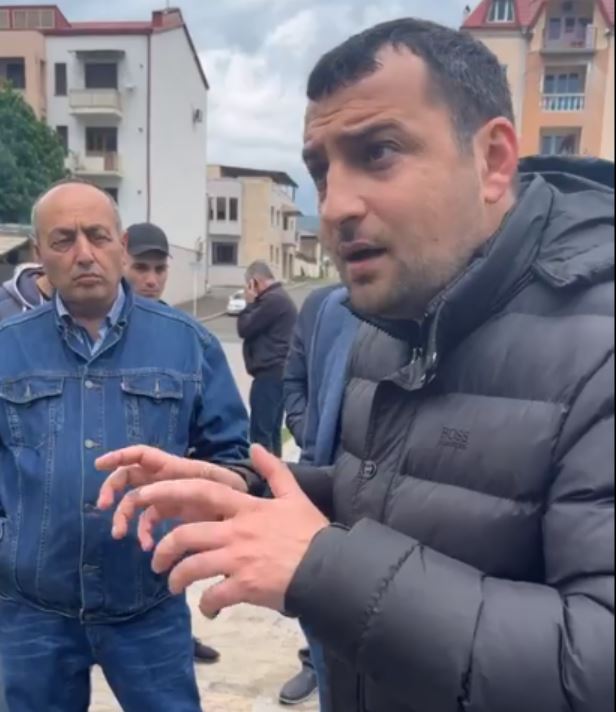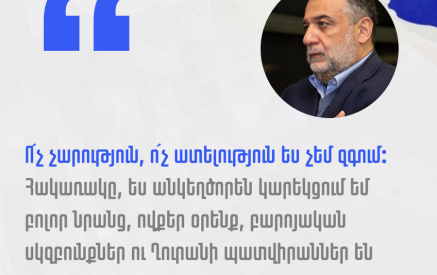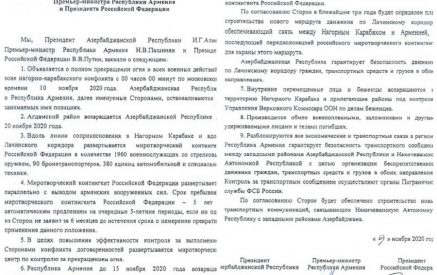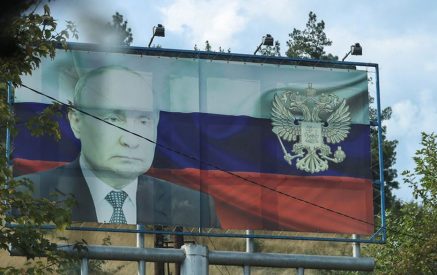A public discussion was organized in Artsakh, addressing security issues. Artur Osipyan, the Leader of the Artsakh’s “Revolutionary” opposition party, raised the question of the responsibility of the Russian Federation. “If the corridor is closed, it means that Russia is handing us over to Azerbaijan. I brought my family here because the head of the Russian Federation promised that Armenians would live in Nagorno-Karabakh and live with dignity.
Neither the UN gave us a guarantee, nor the OSCE, nor Pashinyan; the Russians promised us; our business is with the Russians. At least let’s find out if they can or not. Suppose they don’t want it, even worse. If now we thank the Russians, say “спасибо” then the Turks will put us under the sword,” said Osipyan.
At the same time, he noted that abandoning the November 9 document would mean genocide of the people of Artsakh.
Read also
Tigran Petrosyan, the Chairman of the Anti-Crisis Council attached to the Artsakh President, also said that the new commander of the peacekeeping troops, Alexander Lentsov, told him personally.
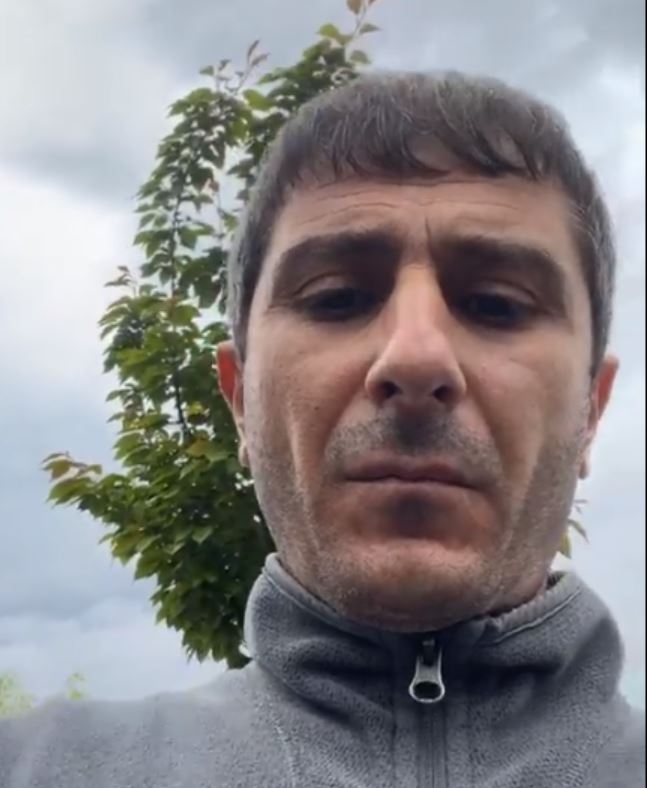
Tigran Petrosyan
“There won’t be any checkpoint; the compromise is that the Russians should sit there. I said we should not see the Azerbaijanis there visually, and he said: we agree with that; we are now conducting negotiations on that issue. But it turned out that negotiations had been going on for several days. He should have given us a final answer today, but he didn’t. We believed the words of a superpower like Russia and brought our families here. There should be a big rally at the state level in Artsakh; we should address the UN at the state level and say that without international guarantees, there should be no negotiations. We are formulating demands; we will submit them to the authorities to present them at today’s session of the Security Council. It is not permissible for a Turk to sit at the checkpoint, let the Russian sit there, the Turk leave, there is no other option,” said Tigran Petrosyan.
The discussion participants also noted a need to consolidate and form a widespread popular struggle.
Roza HOVHANNISYAN




















































